Widow Qing (259 - 210 BC) was from Ba Shu, now Chongqing, Sichuan Province. She was the owner of a large commercial empire during the Warring States period and the first female entrepreneur in China. Widow Qing donated a large amount of money to Qin Shi Huang and was often invited to meet him to consult on political and military issues.
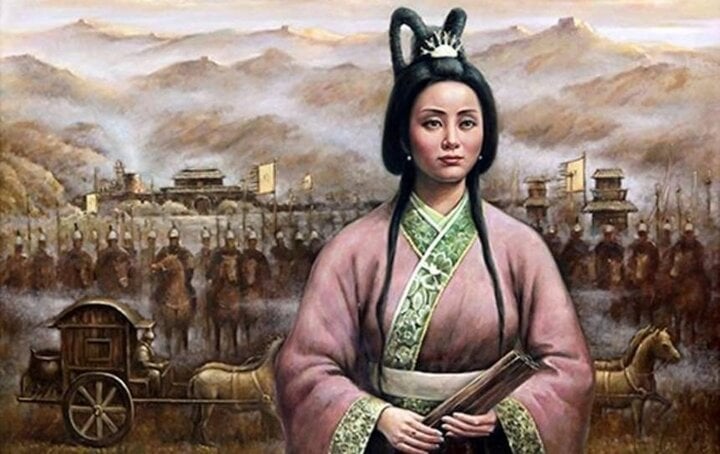
Widow Thanh. (Photo: Sohu)
Thanh was her maiden name. At the age of 18, she married a man named Ba who was a cinnabar mineral trader. They lived together for 4 years until her husband passed away. She remained single until her death. Because her family held the secret to separating cinnabar, she had the exclusive right to mine cinnabar and extract mercury. The wealth her family accumulated could be said to be "rich enough to rival a nation", with 800 million taels of silver and 5.8 million taels of gold. After Thanh took control of the family business, she had more than 1,000 servants and more than 2,000 bodyguards, relying on her abundant resources to live a peaceful life.
After ascending the throne, Qin Shi Huang ordered people to refine alchemy. Mercury and cinnabar were two important ingredients, and both were provided by Lady Qing. When Qin Shi Huang wanted to build the Great Wall, Lady Qing generously donated money, even raising money to support the army. Every time the imperial court wanted money, she agreed. Therefore, Qin Shi Huang respected Lady Qing very much.
Thanh's family extended throughout Ba Shu. At that time, Ba Shu's population was 50,000, and the number of people who followed her in business was 10,000. She became the first legendary female merchant in Chinese history, having a profound influence on later generations.
Qin Shi Huang promoted progress, abolished the ancient ritual system that lowered the status of women, broke the old custom of prioritizing agriculture and despising commerce, and appointed her as Virgin Woman. To honor her loyalty, he built a statue in her hometown of Thanh Widow. In historical documents, she was the only woman praised by Qin Shi Huang. In the poem Hoa Nu Trinh Tu, the silk writer Liu Bin of the Song Dynasty wrote: "Ba (her husband's family name) knew how to make alchemy, Thuy Hoang called her Nu Hoai Thanh. This flower is grown in Tan Dai (Feng County, Jiangsu Province), famous for its beautiful purple-red fruit". From then on, this plant was named Trinh Nu Tu, Virgin Flower, originating from Qin Shi Huang's compliments to Thanh Widow.
During the Spring and Autumn Period and the Warring States Period, the seven most influential merchants were Fan Li, Duanmu Si, Bai Kui, Wei Dun, Guo Zong, Wu Shiluo, and the Qing widow. She was the only woman among them. According to the "Chenshi of Changshou", she died in Xianyang due to illness. Qin Shi Huang mourned her and brought her body back to her hometown for burial.
Records of her in Chinese history books all show respect. She is also the first woman to keep her maiden name to be recorded in official history. Empress Dowager Xuan, a famous woman of the Qin Dynasty and the biological mother of Qin Shi Huang, did not enjoy this glory, but a woman who did business was rare in Chinese history. The widow Thanh not only helped the country, but also made a name for herself and consolidated her family's business, setting an example for women in ancient and modern times.
Hong Phuc (Source: Sound of Hope)
Source





![[UPDATE] April 30th parade rehearsal on Le Duan street in front of Independence Palace](https://vstatic.vietnam.vn/vietnam/resource/IMAGE/2025/4/18/8f2604c6bc5648d4b918bd6867d08396)
![[Photo] Prime Minister Pham Minh Chinh receives Mr. Jefferey Perlman, CEO of Warburg Pincus Group (USA)](https://vstatic.vietnam.vn/vietnam/resource/IMAGE/2025/4/18/c37781eeb50342f09d8fe6841db2426c)

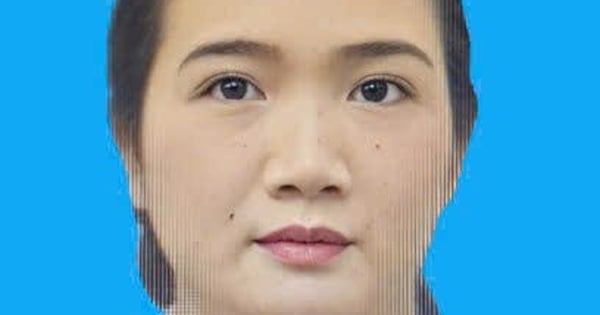























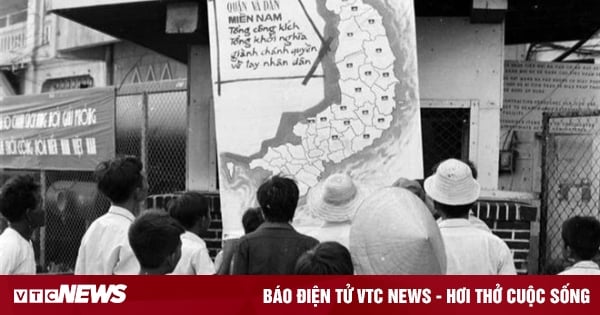











































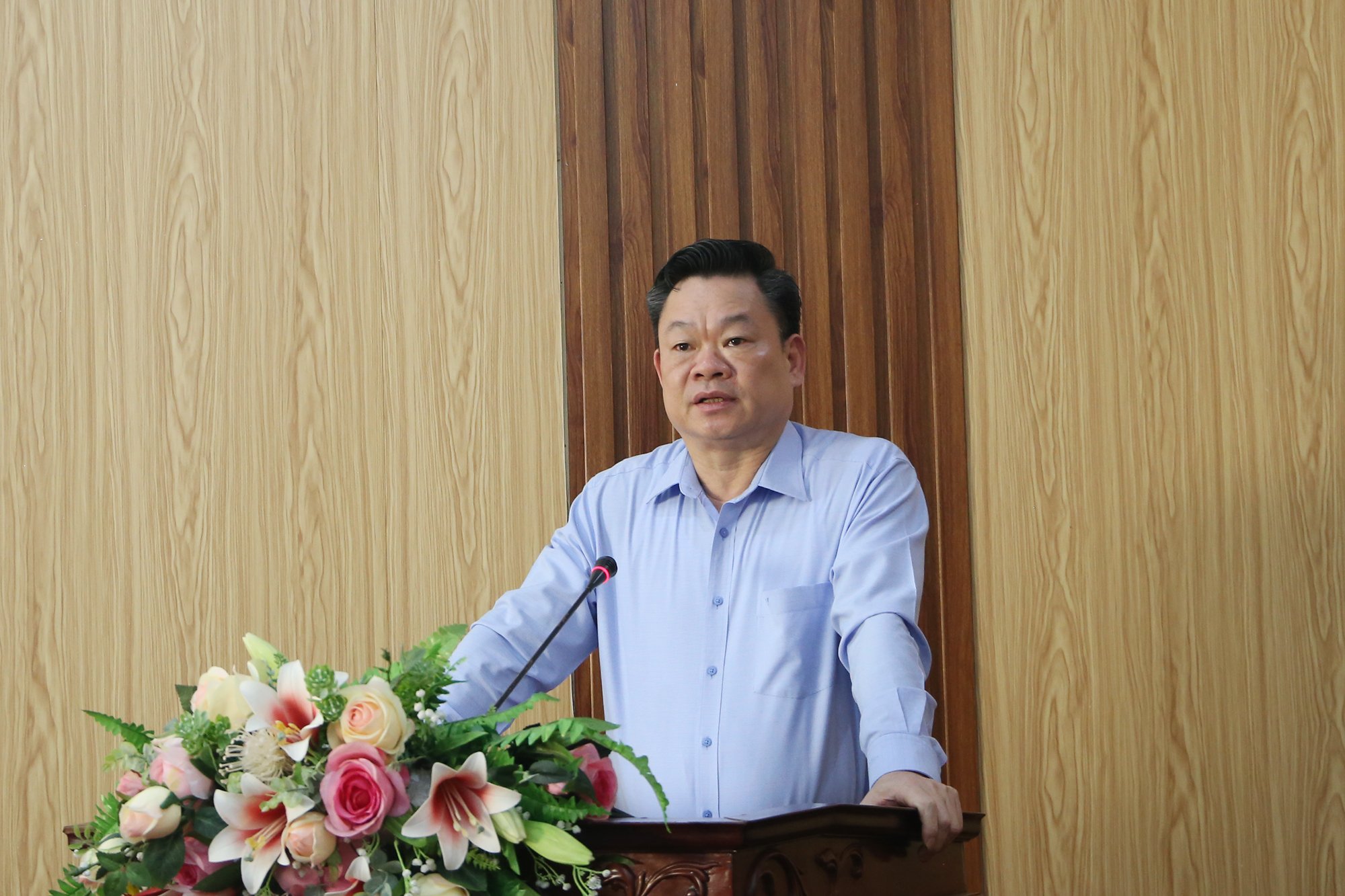
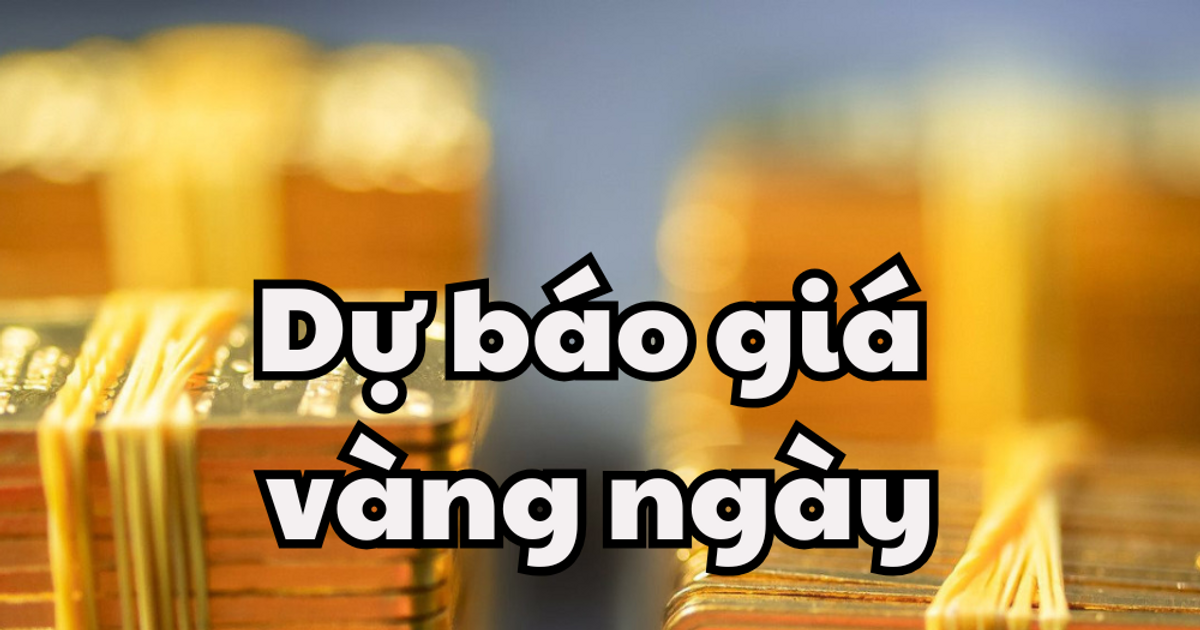



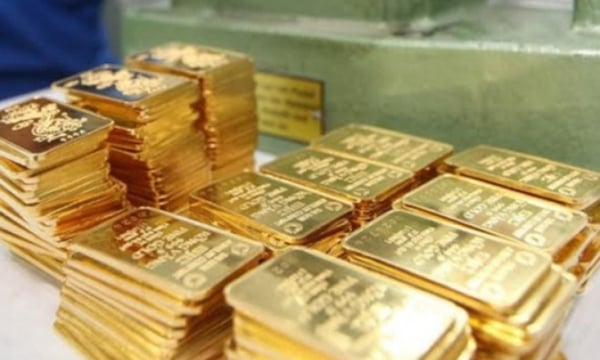
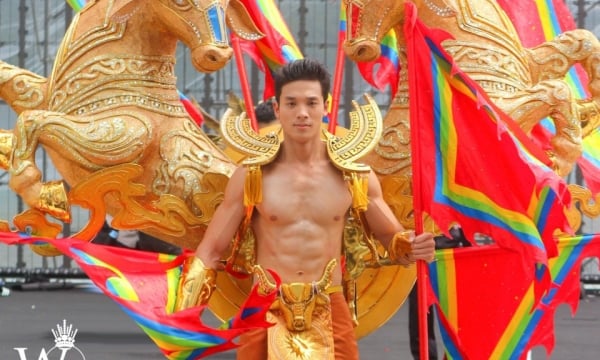











Comment (0)